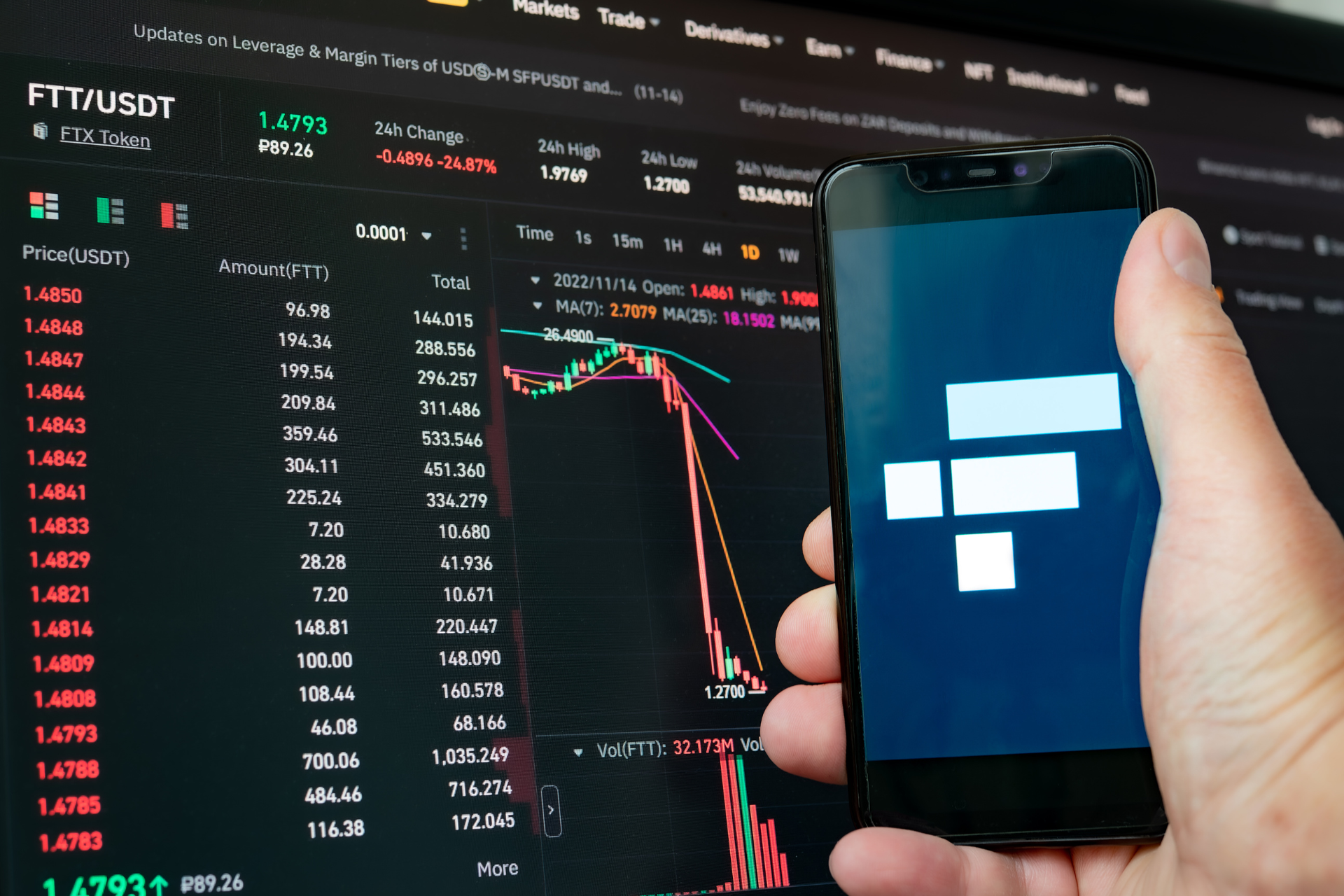This article discusses how the average person watching the news compares the entire crypto market with the FTX disaster. Crypto, especially Bitcoin, are free from the wrongdoings of a small group of people.
How is Bitcoin Different than FTX?
Let us start with Bitcoin. Bitcoin is far different than FTX. FTX was functioning as a digital asset exchange, and a bank. Bitcoin has no CEO, no leadership team, and it is not a company. Bitcoin is the opposite of FTX, Luna, Celsius and Blockfi to name a few. Bitcoin offers a way for investors to hold a long-term store of value without the need for banks or third parties. Unfortunately, most Bitcoin currently needs to be purchased from a centralized exchange before transferring to a wallet. This Bitcoin can then be sent to a wallet of the holders choosing, controlled by only the holder of the given seed phase.
Bitcoin does not chase yield; the network only processes a few types of transactions. 1- Mining new Bitcoin blocks and 2- send transactions from one wallet to another. FTX allegedly held some Bitcoin on their balance sheet. That Bitcoin was likely not legitimate. As a rule, best practice dictates sending your Bitcoin to your personal wallet, and preferably a cold storing wallet such as a Trezor or Ledger.
FTX was essentially functioning as a bank for users. The disaster started when they began acting like a traditional bank, with no reserves and no backings. Although surprising, typical banks hold almost no cash to back their users’ funds [source] . According to the American Federal Reserve, the reserve amounts for banks was changed to 0% in 2020. They take cash and convert most of the holdings largely to “cash equivalents” such as bonds, bills, or certificates of deposit. The rest of the money is usually invested into a variety of asset baskets.
This strategy means that if all users of a bank were to attempt a withdrawal on a given day, the bank would simply freeze your accounts. Banks simply do not have the availability of cash on hand for users, especially without a heads up. Users normally cannot even withdraw 10,000$ from their own account without notice. FTX went under because rather than holding cash equivalents, they used investors’ funds to trade, they then lost their trades. Since they had no reserve requirements, they were able to gamble away the majority of user deposits. FTX displayed absolutely zero risk management strategies.

Zero Percent Reserves
FTX held little cash on their balance sheet, they held only a small percentage of blue-chip digital assets such as BTC, ETH, MATIC etc. Most of their funds were the FTT token, or FTX’s digital asset that they created. FTT was majorly pumped up by venture capitalists and trading firms. The token had no backing other than the trust and alleged legitimacy of FTX as a company. Since FTX held about 70% of their assets in FTT, once the bank run on the token started the liability to collateral value went rather rapidly in an unfavorable direction. According to Financial times, FTX only held about 1 billion in assets vs 9 billion in liabilities [source].
The scariest part of this whole fiasco is that American banks have the same practice. Granted these banks do adhere to common risk management strategies such as a large weight in government bonds and less risky asset holdings. These banks do not have the cash on hand to survive a proper bank run like FTX suffered. It is important to note that FTX also collaborated with Alameda research, a related hedge fund that was used to funnel user deposits for risky trading strategies. FTX was not supposed to function as a bank but rather as an exchange. Exchanges are required to hold users’ assets 1:1. They are not allowed to take deposits and reinvest them the way banks do.
We will let you decide. What needs to change in the future for our economy to hedge risk? This is where Bitcoin provides the priceless value of self-custody, long-term store of value, and elimination of a third party. It is prudent to remember that the FTX collapse cannot effect the long-term value of the Bitcoin network and associated BTC token.
















